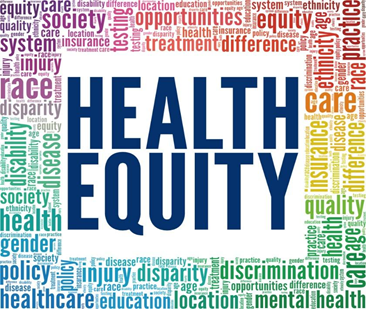Access to healthcare for all is a fundamental Human Right. However, communities in Uganda continue to suffer inequities in health. These are attributable to the underlying inequalities that exist with communities as a result of the differences in social, economic, demographic, geographic and other dimensions (e.g. sex, gender, ethnicity, disability, or sexual orientation).

We continue to see disparities in the allocation and distribution of resources for health. For example; the urban-rural distinction, rich-poor investment variation, etc. These distributive equity variations continue to underscore the differences in health outcomes among the population.
The absence of an equitably distributed healthcare system in Uganda has exacerbated the country’s risks to new epidemics and enhanced the disease burdens of both infectious and non-communicable diseases. We aim to build a responsive primary health system that works to distribute equitably health especially to populations most marginalized and under-served.
Our Approach
We facilitate social development through innovations, systems strengthening, and building a critical mass of home-grown innovators that are committed to championing tested innovations to develop their communities.
Our work allows the most vulnerable young person, women and men to attain the highest possible level of health, and addresses challenges associated with social injustices. We advocate for a gender-sensitive and inclusive policies environment at all levels that can work to establish a gender justice society.
